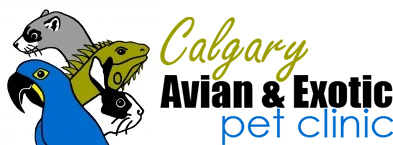Feather Destructive Behaviour
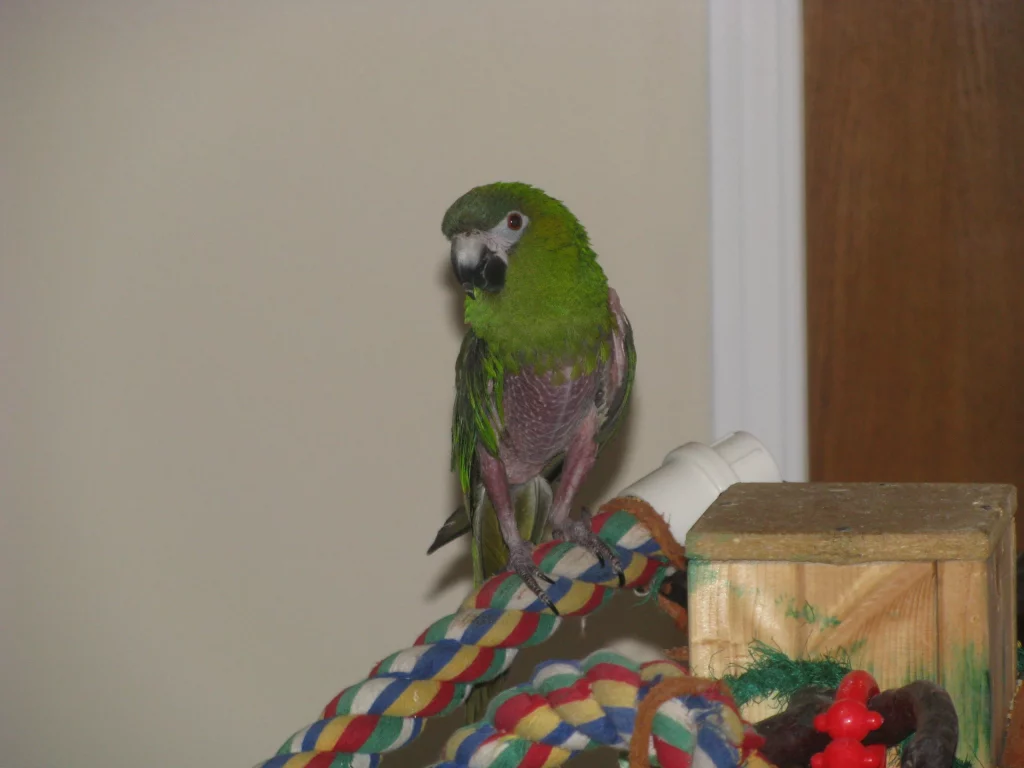
Feather destructive behaviour is a common concern in pet birds and for good reason – approximately 15% of all parrots (and up to 40% of African Greys and Cockatoos) in captivity will exhibit some form of feather destructive behaviour (FDB). FDB is a condition in which the bird mutilates its own feathers by chewing, biting, […]
Hormonal Activity
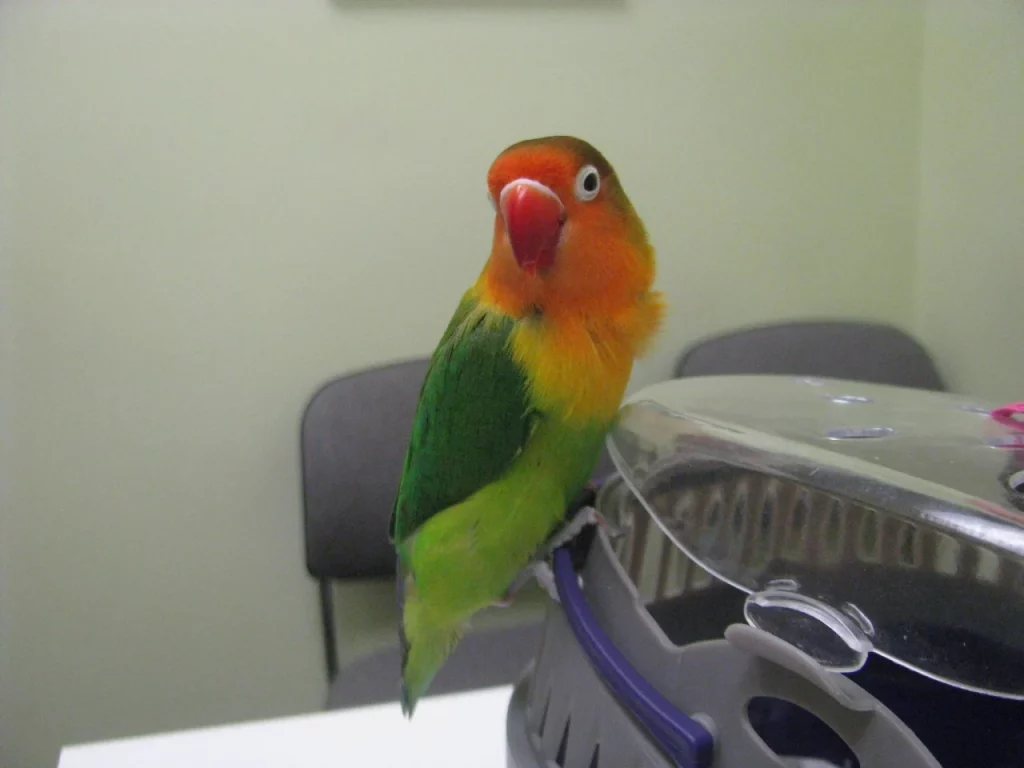
Controlling Reproductive/Hormonal Activity Historically, pet owners have often considered close physical contact with their pets as ‘normal’ and even desirable. This certainly holds true for dogs and cats. However, the behavioural interactions among birds is much more complex and comparatively less understood. This lack of awareness in how behavioural cues affect birds, specifically in regards […]
Converting Birds to Pellets
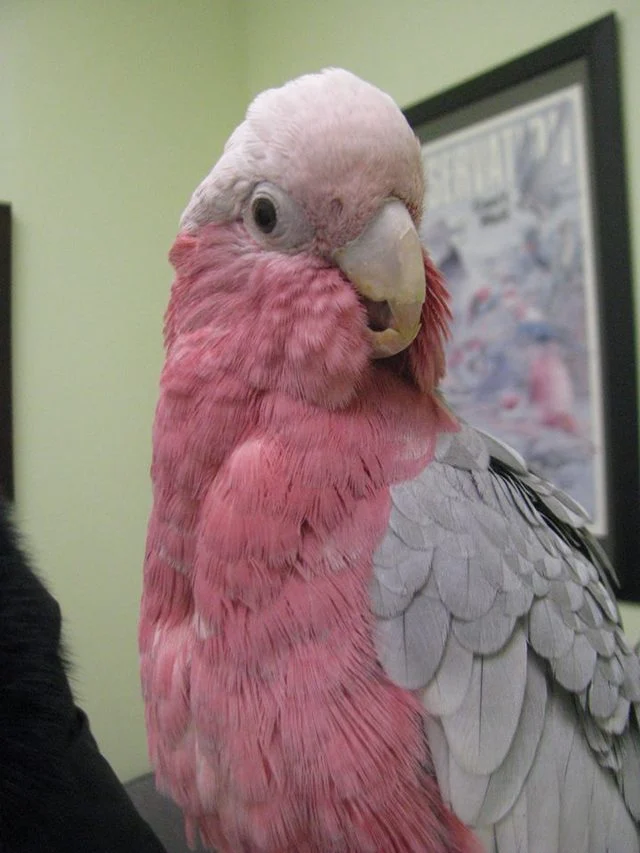
It is known that birds eating a seed based diet typically have nutritional deficiencies. To aid in the nutritional wellness of pet birds, pelleted and extruded diets have been developed with the intention of providing balanced nutrition in a convenient form. Each nugget of a high quality pelleted food contains nutrients from all food groups, […]
West Nile Virus
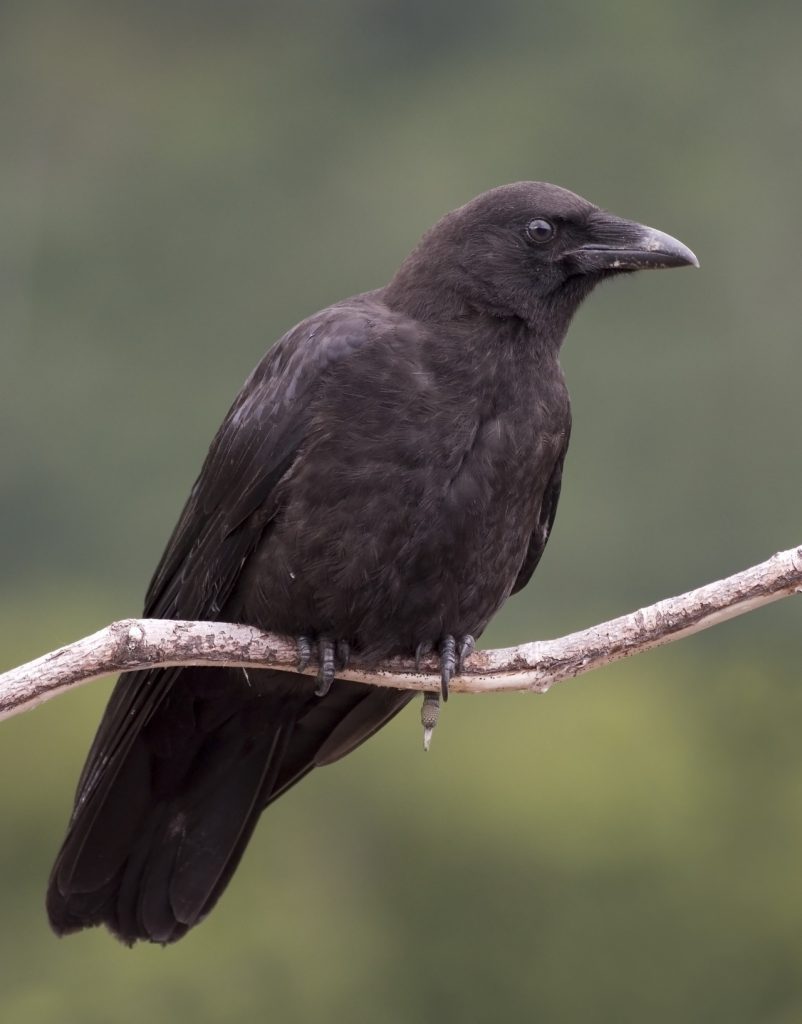
West Nile Virus (WNV) is a disease that: is endemic to Africa but has spread worldwide is caused by a virus from the family Flaviviridae is spread by mosquitoes feeding on ‘blood’ meals affects humans, horses, birds, and other mammals has begun to affect animals in Alberta Birds are the principle hosts of the disease […]
Psittacosis Information
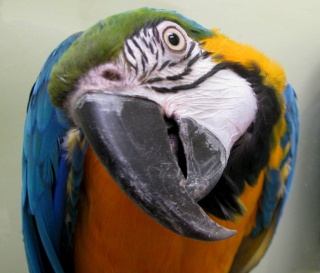
Psittacosis Derived from the Greek word ‘psittakos’, meaning parrot, psittacosis is a disease of hooked bill, or psittacine birds. Also called ornithosis, chlamydiosis (different from human venereal disease), or parrot fever, psittacosis is caused by an organism called Chlamydophila psittaci, a highly infectious, obligate intracellular bacteria. This organism can induce disease in most species of […]
Bird Care

Information on Bird Care Pet birds are intelligent and active animals and once their nutritional and housing needs are met, it is important to also meet their psychological needs. Birds are, by nature, flock animals and the household occupants become the flock that the bird now lives in. ACTIVITY: Locate the cage near the family […]
